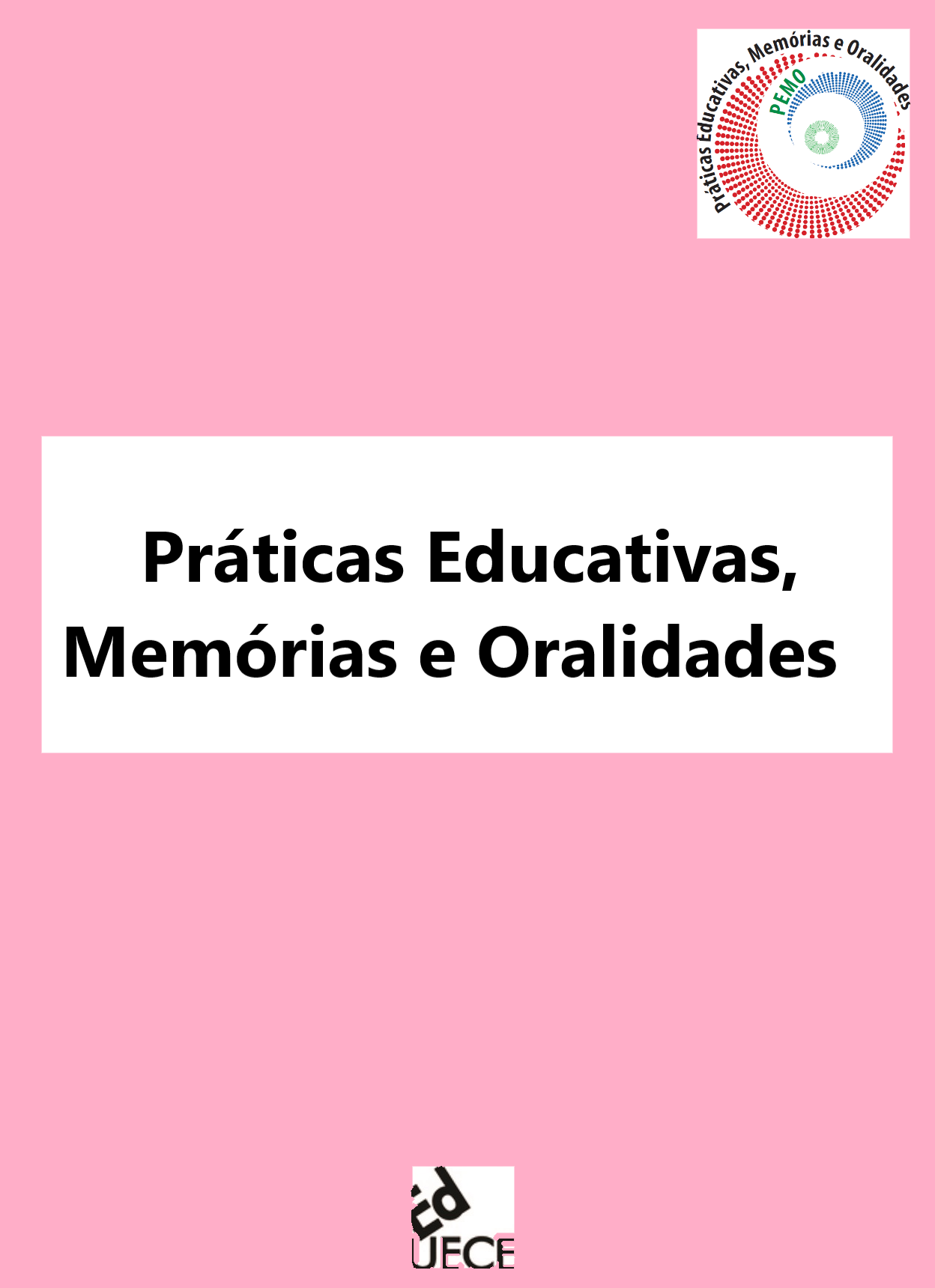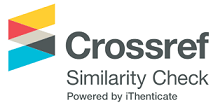Knowledge of regular and specialized teachers: legislation, medicalization and relationships with the family in school inclusion
DOI:
https://doi.org/10.47149/pemo.v4.e49130Keywords:
Inclusion, Medicalization, Learning problemsAbstract
The present papper deals with the challenge of the educational inclusion process as a central theme. This study seeks to analyze the perception of Specialized Educational Support and coordination teachers regarding inclusion practices at school, in consideration the specialism, teaching knowledge, the right to use the resource room in the context of the public school of a municipality in Greater SP. The method used to carry out the field research was qualitative research, having as an instrument semi-structured interviews with the coordination and SES teachers who work in the elementary school of a municipal public school. The analysis of the material collected in the field will be based on content analysis, comparing field materials and the theoretical framework adopted by the authors. The partial results indicate that the school inclusion process is still considered difficult for teachers and coordinators. There is a need to discuss the democratic school, the right to education, affirmative actions and policies in relation to the PWD student, in addition to topics such as the diagnosis of children, also the systematization of public policies and the involvement of families in the inclusion process.
Downloads
References
ANGELUCCI, C. B. Medicalização das diferenças funcionais: continuísmos nas justificativas de uma Educação Especial subordinada aos Diagnósticos. Nuances: estudos sobre Educação, Presidente Prudente, v. 25, n. 1, p. 116–134, jan./abr. 2014. DOI: https://doi.org/10.14572/nuances.v25i1.2745
ARELARO, L. R. SILVA, S. [Orgs] Direitos sociais, diversidade e exclusão: a sensibilidade de quem as vive. Campinas: Mercado de Letras, 2017.
BRASIL. Lei N° 9.394/96. Lei de diretrizes e bases, LDB. Estabelece as diretrizes e bases da educação nacional. Presidência da República Casa Civil Subchefia para Assuntos Jurídicos. Brasília, 20 de novembro de 1996.
BRASIL, SECADI. Nota técnica no. 04. Brasília: MEC, 2014.
BRASIL. LEI N° 13.146. Lei Brasileira de Inclusão da Pessoa com Deficiência (Estatuto da Pessoa com Deficiência). Brasília. 2015.
BRASIL. Plano Nacional de Educação em Direitos Humanos (PNEDH). Ministério dos Direitos Humanos. Brasília, 2018.
EIDT, N. M.; MARTINS, D. R. Medicalização, Uma História Antiga. In: TULESKI, Silvana Calvo. FRANCO, Adriana de Fátima (Org). O Lado Sombrio da Medicalização da Infância. Rio de Janeiro: NAU, 2019. 250p.
FABRIS, E. T. H.; LOPES, M.C. Inclusão & Educação. Belo Horizonte: Editora: Autêntica. Coleção Temas & Educação, 2016. 128p.
FIDALGO, S. A linguagem da exclusão e inclusão social na escola. São Paulo: UNIFESP, 2018.
HASHIZUME, C.M. Medicalização da Vida: Educação, Saúde e Direitos Humanos: Reflexões Sobre o Biopoder a Partir da Psicologia Escolar. In: DAL MAS, E. & ALMEIDA, C.R.S. Educação, Estética e Cultura. São Paulo: BT Acadêmica, 2019. 184p.
HASHIZUME,C.M. A Visão da Família acerca da Medicalização Infantil. São Paulo: Revista de Saúde e Educação Sustinere. 2020.
HASHIZUME,C.M. Trabalho docente na inclusão: Biopolítica e direitos humanos. São Paulo: Humanidades e Inovação v.7, n.19 - 2020. DOI: https://doi.org/10.48209/978-01-994894-1-9
MEIRA. M.E.M. Medicalização na e da educação: processos de produção e ações de enfrentamento. In: TULESKI, S.C. FRANCO, A.F. (Org). O Lado Sombrio da Medicalização da Infância. Rio de Janeiro: NAU, 2019. 250p.
MOYSÉS, M.A.A. A medicalização na educação infantil e no ensino fundamental e as políticas de formação docente: a medicalização do não-aprender-na-escola e a invenção da infância anormal. Disponível em:< http://31reuniao.anped.org.br/4sessao_especial/se%20-%2012%20-%20maria%20aparecida%20affonso%20moyses%20-%20participante.pdf>. Acesso em: 20 de maio de 2021. p.25.
Published
How to Cite
Issue
Section
License
Copyright (c) 2022 Cristina Miyuki Hashizume, Claudia de Matos Pereira

This work is licensed under a Creative Commons Attribution 4.0 International License.













